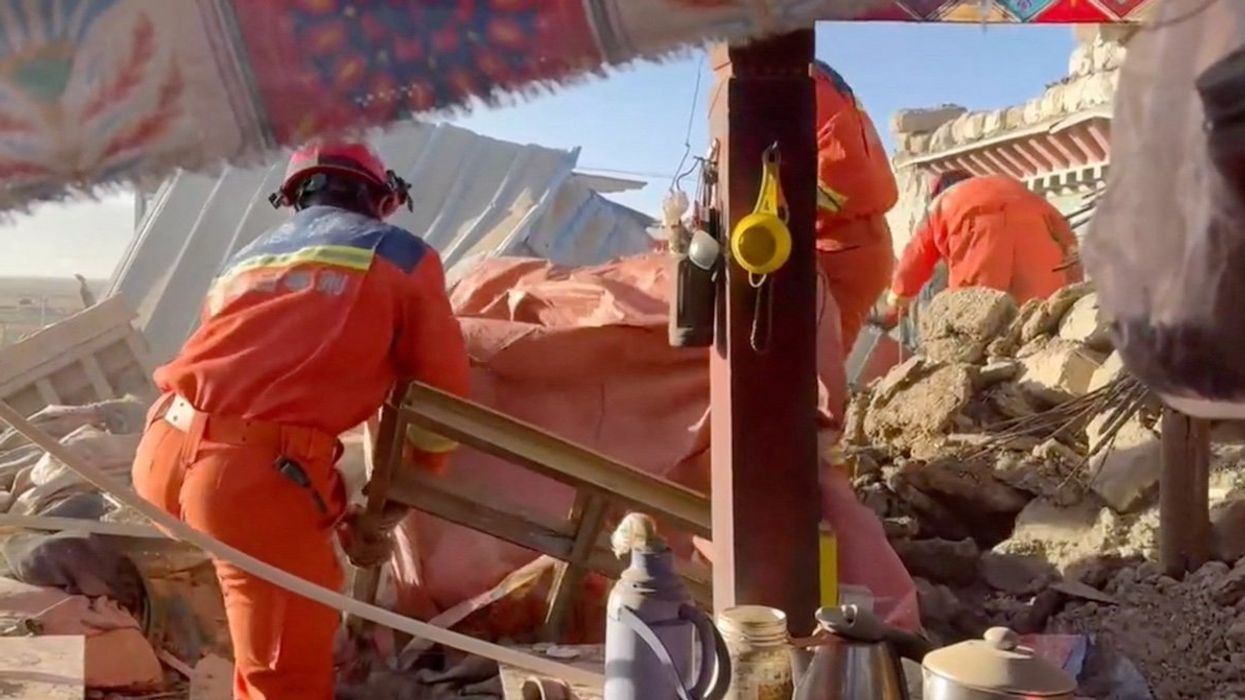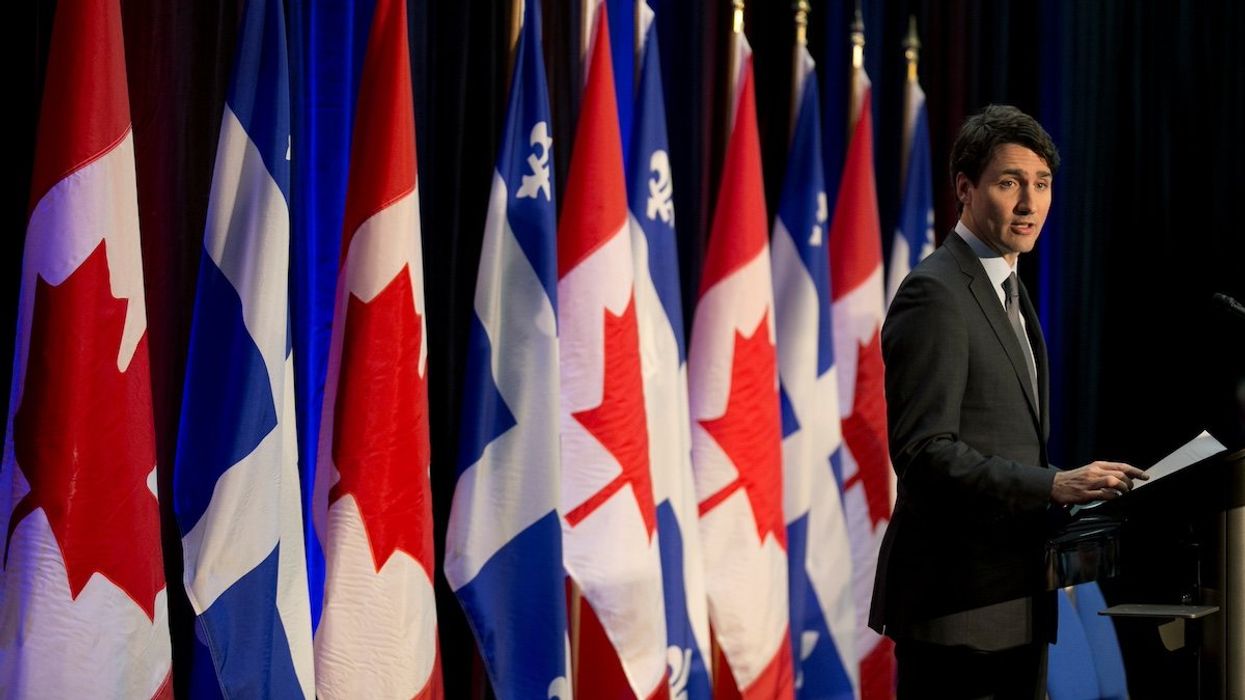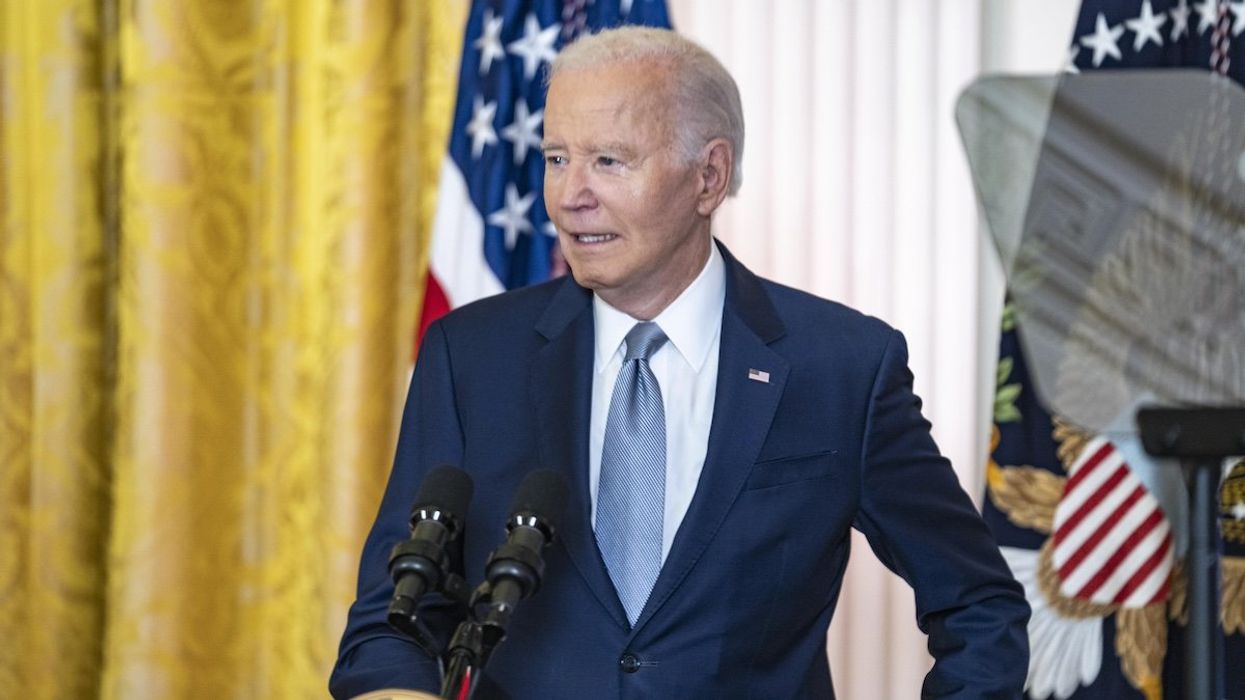What We're Watching
Gaza ceasefire seems tantalizingly close — how long could it last?
After months of negotiations mediated by the US, Egypt, and Qatar, Hamas on Tuesday accepted a draft ceasefire agreement that could bring an end to the fighting in Gaza – at least temporarily – if Israel’s cabinet approves it.
Jan 14, 2025










